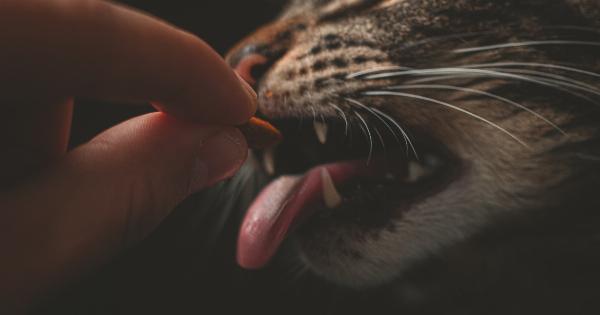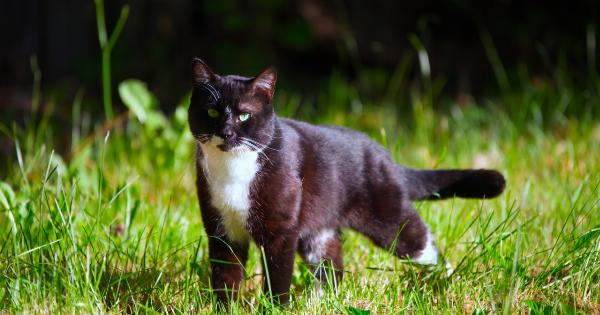As a cat owner, you know your furry friend better than anyone else. You know their likes, dislikes, routines, and habits. So, when they start acting strange, it’s easy to spot.
But, sometimes, these strange behaviors could be a sign of an underlying health issue. Here are four behaviors you should watch out for if your cat is acting unusual:.
Changes in appetite
Cats are known to be notoriously picky eaters, and they have their preferences when it comes to food. But if your cat suddenly starts refusing to eat their favorite food or stops eating altogether, it could be a sign of a more significant health issue.
Weight loss, dehydration, and even organ failure can result from prolonged loss of appetite. If your cat’s appetite changes, consider taking them to the vet to have them checked for any underlying health problems.
Increased lethargy
If your cat is usually active and playful, but they start sleeping more and interacting less with you and other pets, it could be a sign of reduced energy levels or pain.
Lethargy in cats is a common symptom of many illnesses, including kidney disease, diabetes, and cancer.
Keep an eye on your cat’s behavior and visit your vet for a check-up if you’re concerned. Additionally, monitor your cat’s hydration levels by ensuring they drink enough water, as dehydration can also cause lethargy.
Aggressive behavior
Aggression is not a typical behavior for most cats, and sudden shifts in your cat’s behavior could be an indication that they’re not feeling well.
A cat with an illness or pain may become more irritable and more likely to react aggressively to stimuli that wouldn’t typically bother them.
However, aggression in cats could also be a result of stress. Perhaps you’ve introduced a new pet, or there’s been a change in routine that your cat is struggling to adapt to.
In such situations, you can make your cat’s life more comfortable by providing a safe and comfortable space, along with plenty of playthings, to distract them from the source of stress.
Changes in litter box habits
Cats are known to be clean animals that take pride in their grooming habits, so changes in litter box habits should not be ignored.
Are they suddenly using the litter box less frequently or more frequently than usual? Or have they stopped using it altogether and started using other areas around the house?.
Such changes in litter box behavior could be a sign of underlying health issues such as bladder infections, kidney stones, or urinary tract infections.
If you notice your cat straining to urinate, producing very little urine, or experiencing a sudden change in urine smell, it’s time to see the vet.
In conclusion
If your cat is acting strange, it’s best to be observant and keep track of their behavior. Changes may indicate an underlying health issue, and early intervention can prevent issues from worsening.
A visit to the vet can determine the root cause of the changes in behavior and help your cat recover quickly.































